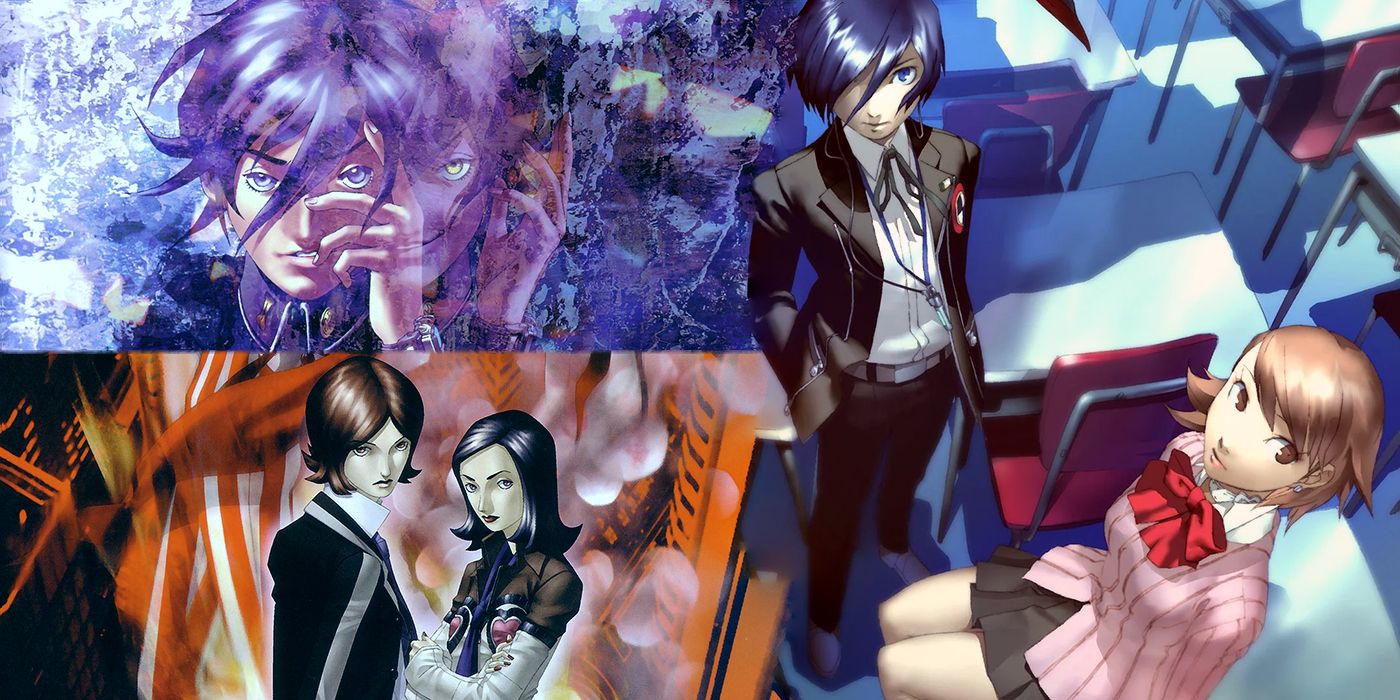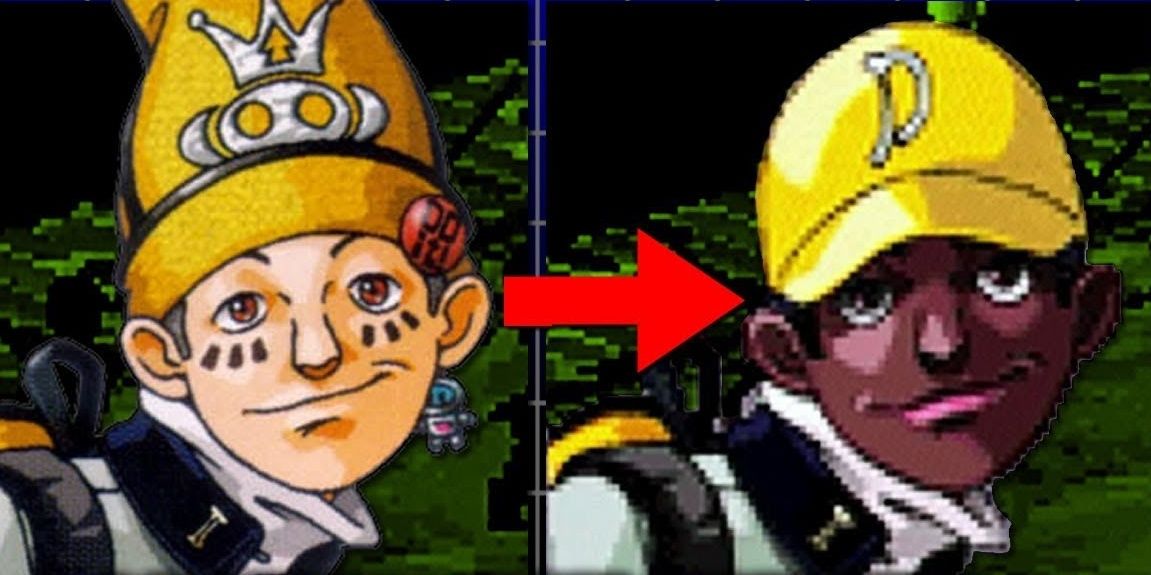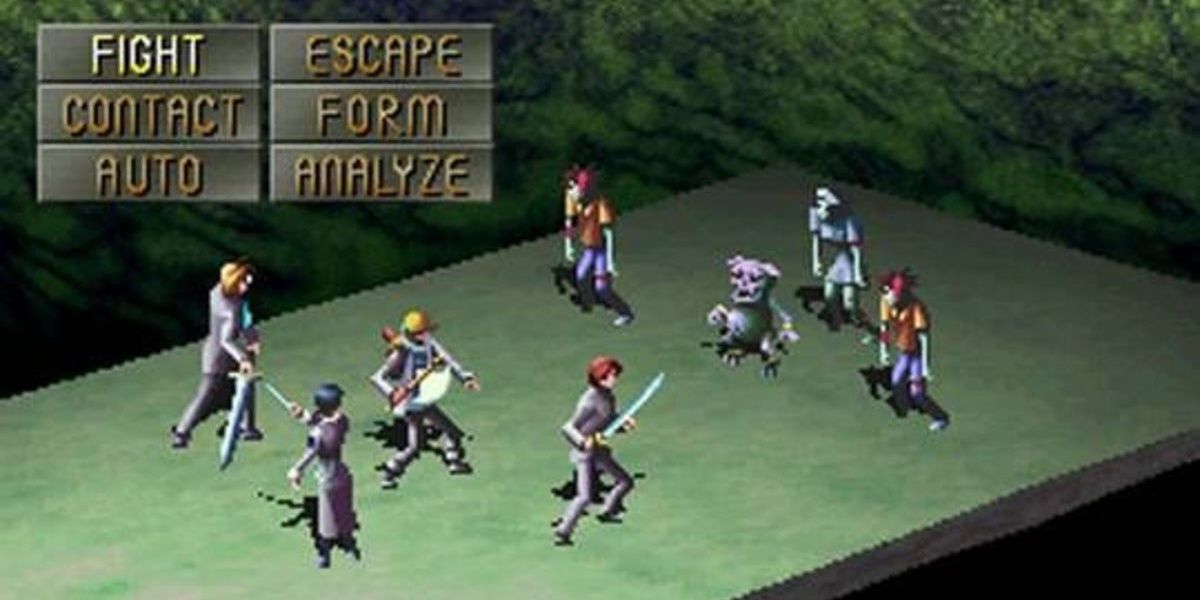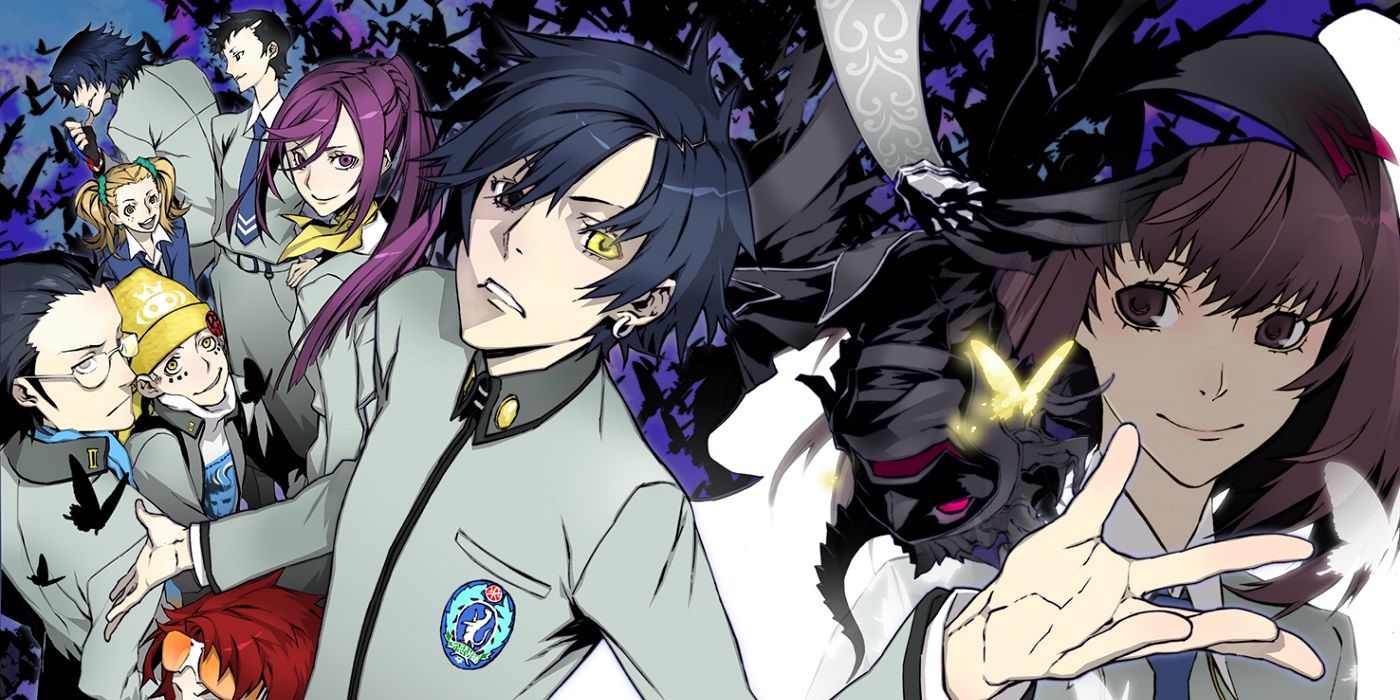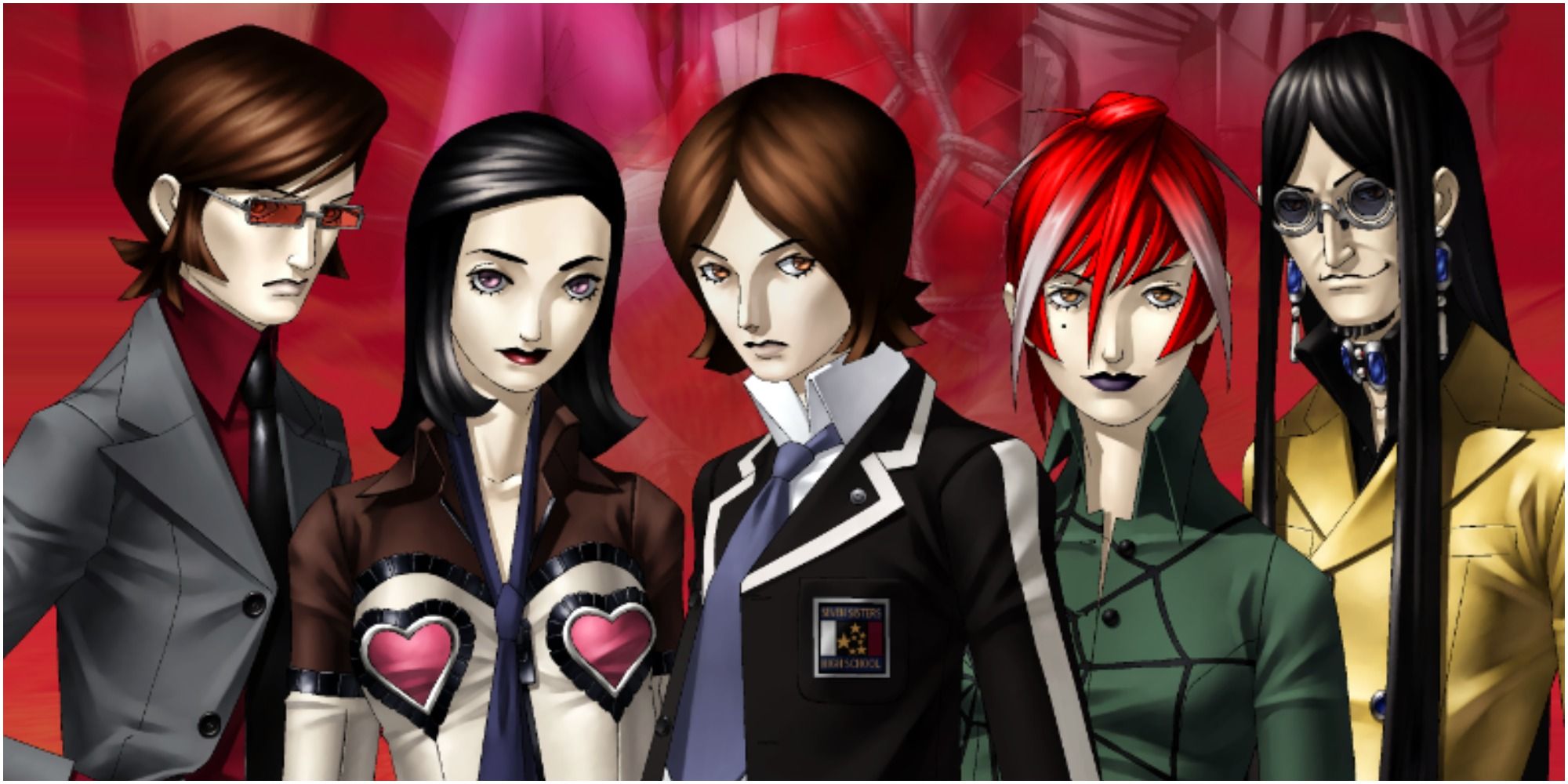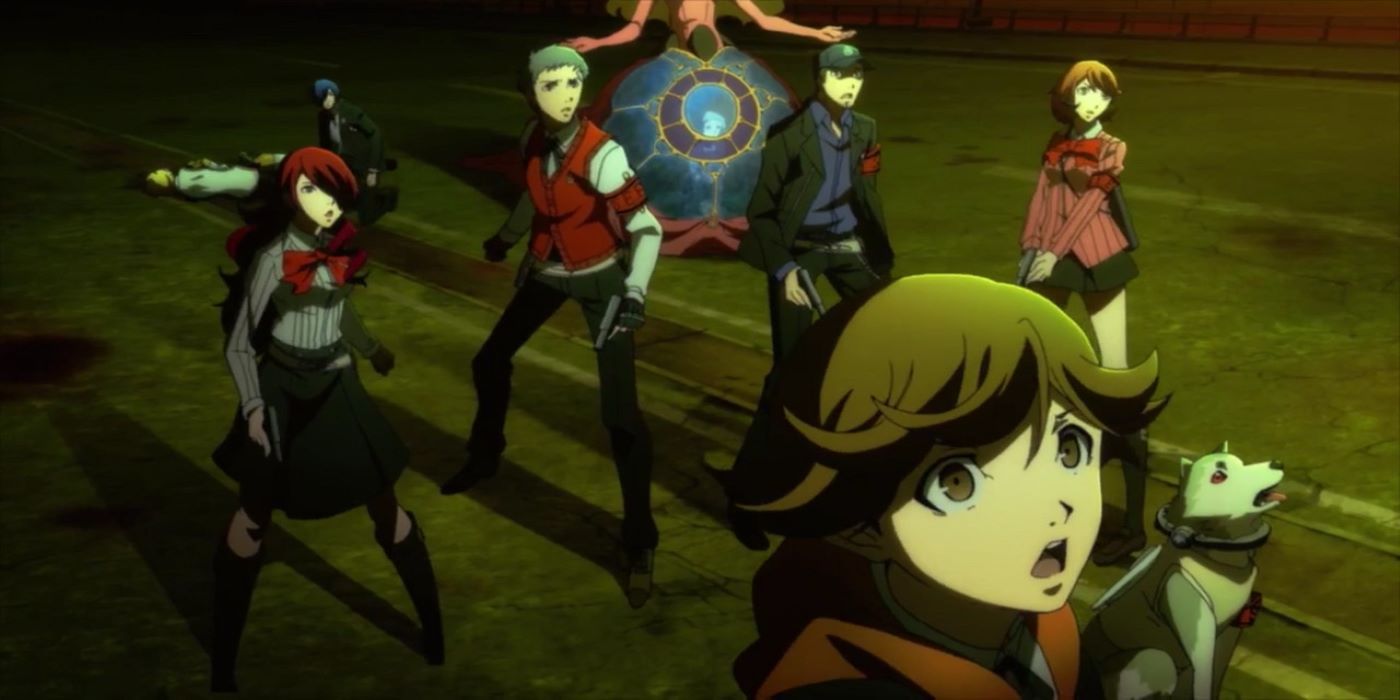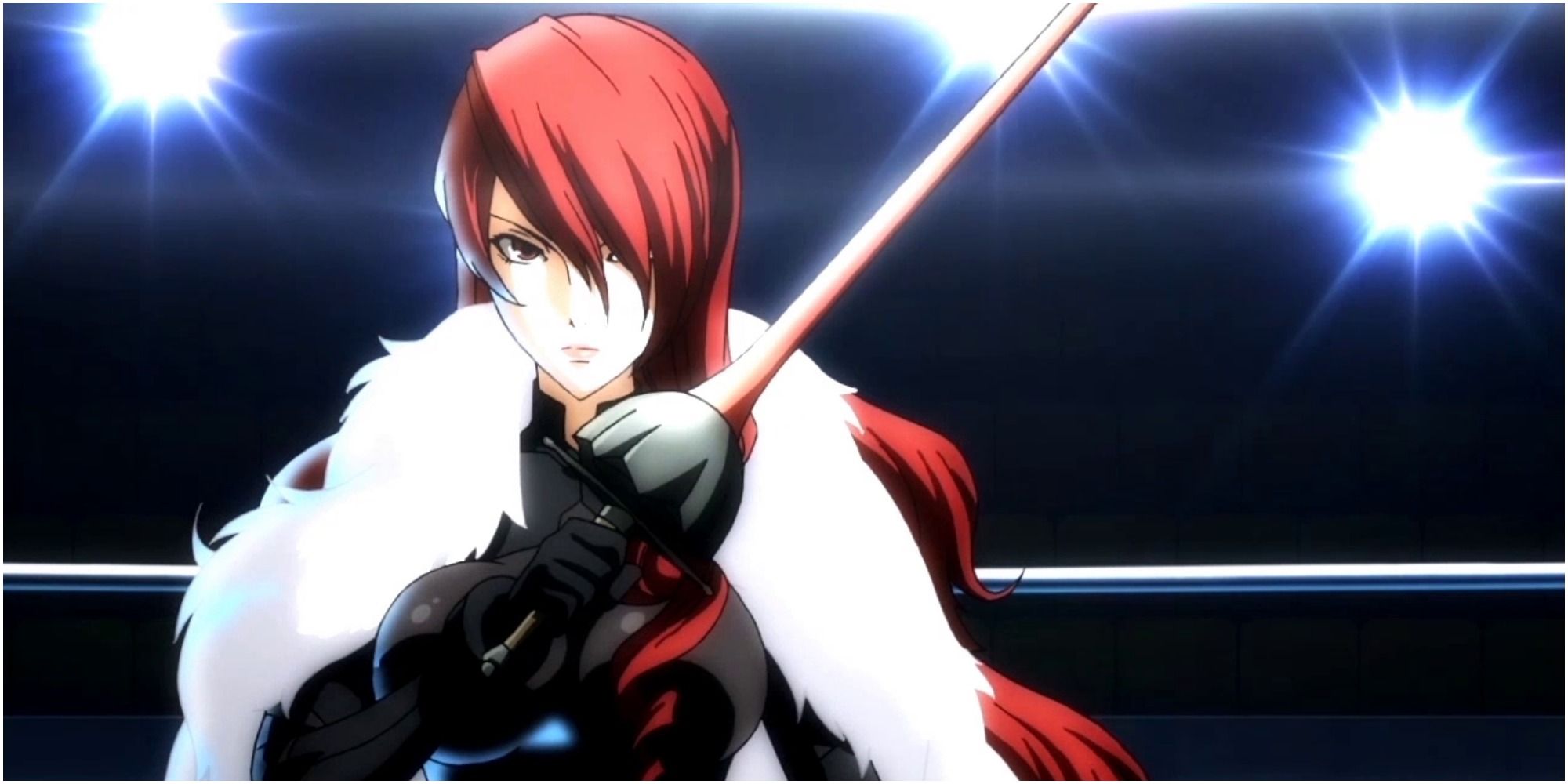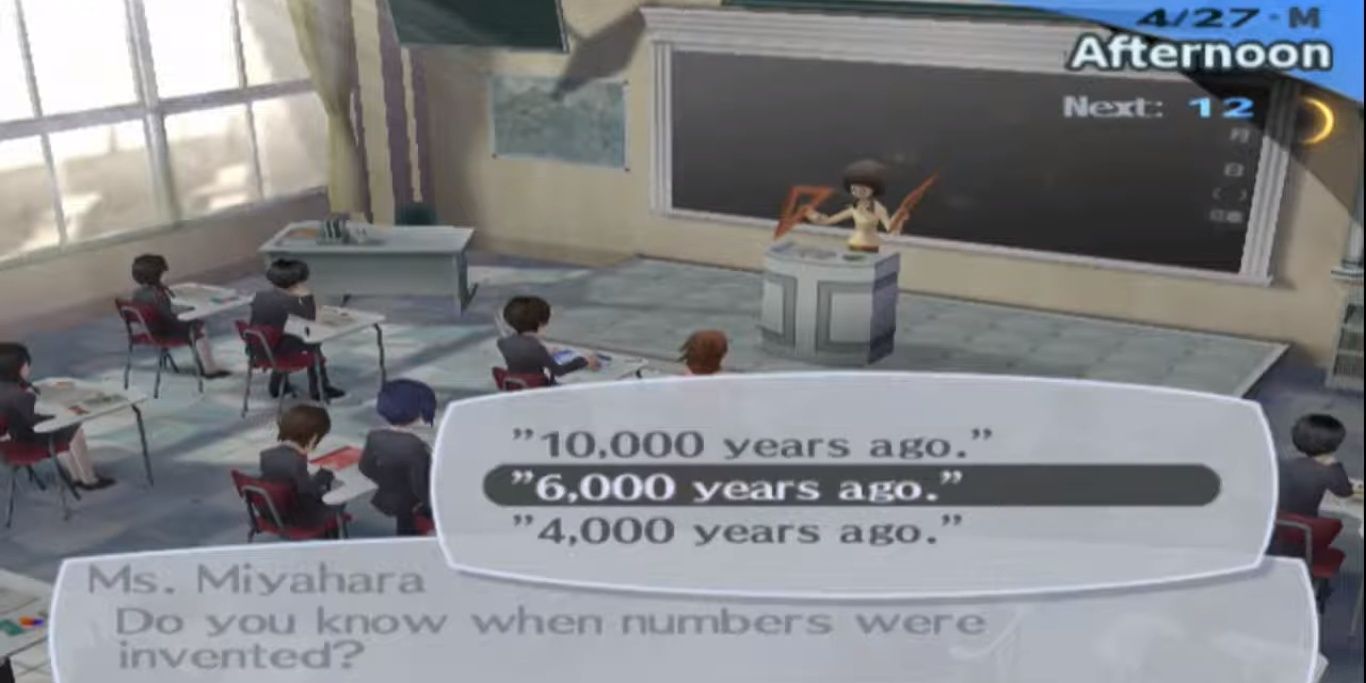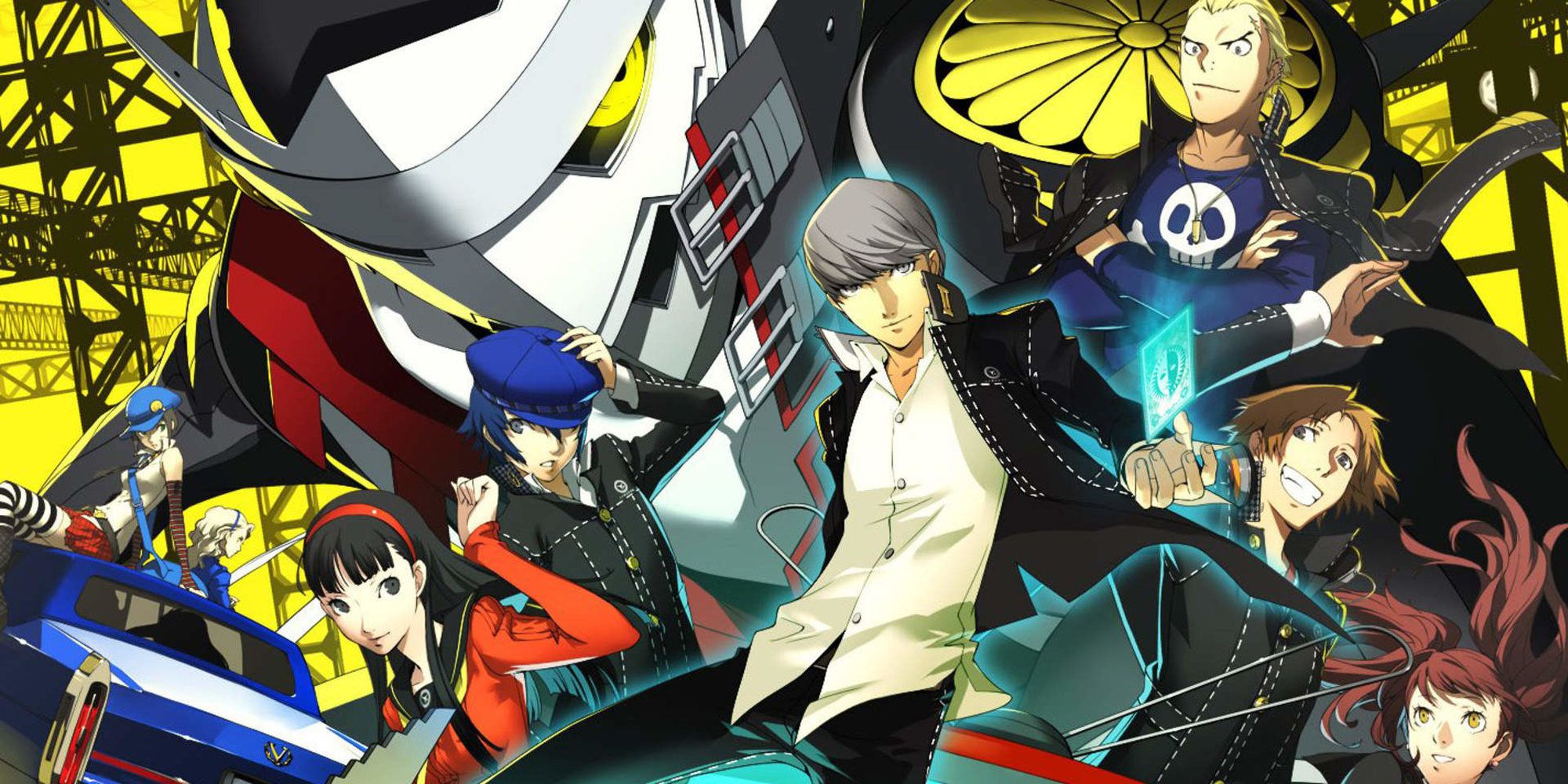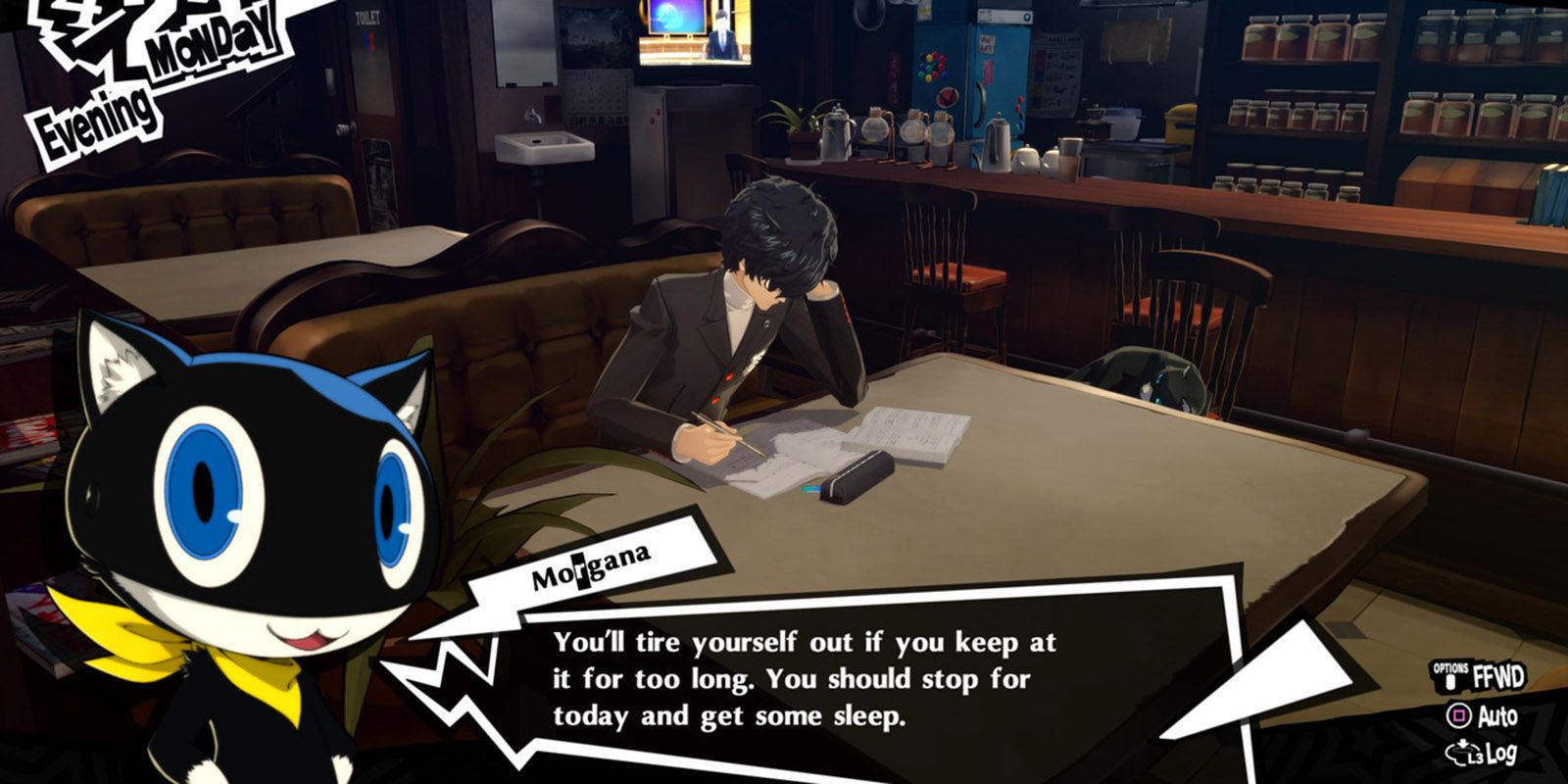The Persona series is easily one of the greatest JRPG franchises of all time, with its popularity in the West turning it into a household name that pretty much any player would be familiar with now, at this point. However, one has to admit that this series would've never reached these massive heights of popularity had it not been for the brilliant localizations of these games, that have allowed western fans to get into this addictive JRPG series.
These localizations are truly impressive and feature a whole host of facts and trivia that most people are simply not aware of. Keeping this in mind, here are ten of the most amazing and fascinating facts surrounding the localization of this series that most people might not be aware of.
10 The Ethnicity Of A Character Was Changed While Localizing The First Persona Title
The localization of Revelations: Persona serves as a crash course on what NOT to do when localizing a game for Western audiences. The Western version of this game includes many unnecessary changes, including the ethnicity of one of the main party members.
In a bid to make the cast more ethnically diverse, the character Masao "Mark" Inaba was turned into an African-American. While diversity is certainly welcome, it needs to be handled with care — lazily changing the race of a character and making him talk in stereotypes is not the way to do this at all.
9 Some Monster Names With Religious Undertones Were Censored In Revelations: Persona
Given that the Persona series was being localized for the first time, the game decided to avoid any form of controversy whatsoever by censoring and changing the names of most monsters present in the series that had any religious affiliations.
Notable examples include changing Durga to Dorga, Titania to Queen Fly, and — perhaps the funniest one on the list — Beezlebub to Beezlebum.
8 The Names Of The Characters Were Changed As Well
Of course, the monsters weren't the only things in the game that had their identities changed — the main cast also receive the same treatment!
The name changes don't even make a ton of sense, with Reiji renamed as Chris and Eriko's name changing to Elly. While these names weren't Reggie and Erika respectively boggles one's mind to no end.
7 The Failure Of The First Game's Localization Led Atlus To Show The Culture Of Japan Properly In Future Games
After the localization of Revelations: Persona was widely criticized, Atlus realized that simply dumbing down all the elements of the game's Japanese identity won't be enough to do justice to the impressive quality of these titles.
So, instead, the team decided to retain the elements of future games in the series while contextualizing some events in the game that Western audiences wouldn't be familiar with. This was reflected in Persona 2: Eternal Punishment, which ended up being an infinitely better localization over the first game.
6 Persona 3 Was The First Game To Keep The Japanese Honorifics In The Western Release
With Persona 2: Eternal Punishment serving as a step in the right direction, the translators decided to go all out with the next game in the series and really hammer in the nuances of Japanese culture with Persona 3.
This can be seen in the fact that Japanese honorifics were kept intact in this translation — a standard practice that has remained in future Persona games ever since.
5 Mitsuru's Second Language Was Changed In The Western Release
In the Japanese version of Persona 3, Mitsuru keeps English as her second language — something that obviously would have confused fans of the Western release, since everyone in the game speaks English anyway.
So, in order to make the game world feel more cohesive, Mitsuru's second language was changed to French — an extremely wise decision on the localization team's part.
4 The School Tests Needed To Be Changed For Western Audiences As Well
Persona 3 marked a massive change in the series, featuring the life sim elements that have become a staple of the series ever since. Living life as a student and giving exams somehow feels like the most interesting thing in the world in Persona 3.
These school tests featured a ton of trivia that only Japanese audiences would've been familiar with, which is why some of these questions were changed so that they would be more relevant to people in the West — a trend that has continued in the series ever since... until the latest title, that is.
3 Certain Social Links In Persona 4 Were Assigned To Different Teams
Persona 4 really went out of the way to make the localization feel as natural as possible, and this was mainly done due to an efficient division of labor... especially when it came to the Social Links in the game.
Given that each Social Link tackled different issues and challenges, entire Social Links were assigned to different teams so that they could focus on these individual stories and localize them in a more contextual manner, instead of having to split their attention across all the Social Links in the game.
2 Troy Baker's Breakout Role Was As Kanji In Persona 4
Troy Baker is a name that any fan of video games may be familiar with, serving as one of the most iconic voice actors in the industry whose reputation precedes him quite a bit.
What most people might not know about this esteemed voice actor is the fact that the role that propelled his name in the video game industry to great heights... was that of Kanji in Persona 4 — a character that he personally considers to be very important to him due to the importance it holds in his career.
1 Persona 5's Localization Actually Lacked A Ton Of Quality
While Persona 5 is nothing short of an absolutely brilliant title — mainly due to its eye-catching art style, fast-paced combat, engaging characters, and brilliant story — one has to admit that the translation is easily the wonkiest of the lot.
From characters uttering sentences with a whole host of grammatical errors to some of the elements of the game not being contextualized properly, the localization of Persona 5 is a mess. Watching characters who speak perfect English studying for an English exam is extremely jarring, and incredibly annoying when people realize that this exact issue had been addressed in the series' third title already!

